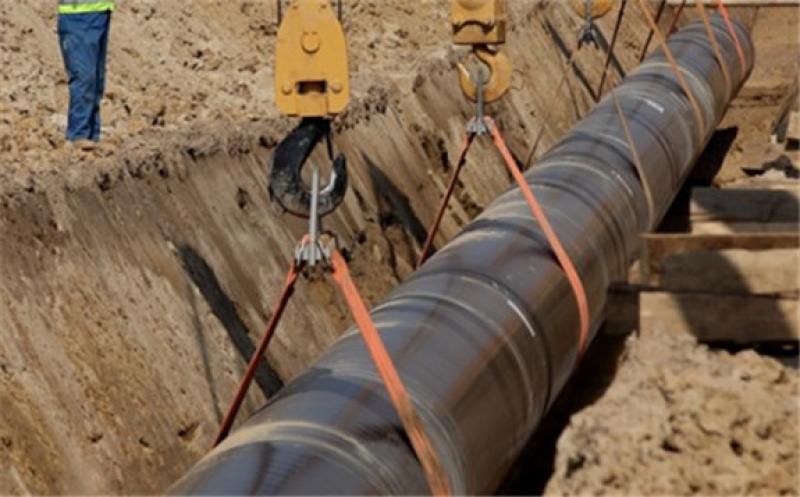Reduced hydropower output in Iran amid a water scarcity has prompted Tehran to suspend electricity exports to neighboring Iraq, which relies on Iranian power and gas supply, Iraq’s Electricity Minister Adil Kareem was quoted as saying by Iranian Mehr News Agency on Tuesday.

Major Iraqi power plants are dependent on Iranian natural gas supply, and Iraq also imports electricity from Iran, as Baghdad’s power generation is not enough to ensure domestic supply, especially with crumbling infrastructure and 110-plus degrees Fahrenheit in the summer.
Even after the U.S. slapped sanctions on Iran’s energy exports in 2018, Iraq continues to import natural gas and electricity from Iran under a special waiver that the United States has regularly extended to Iraq.
But this year, Iran is also suffering from power shortages and power outages as consumption soars, while power generation has declined.
Earlier this year, Iran banned the use of air conditioning at Tehran’s state agencies as the country looks to save electricity consumption and prioritize electricity supply to homes and hospitals. Tehran Power Distribution Company has said that the use of air conditioners at government agencies in the capital is prohibited to ease the pressure on the electricity distribution network during peak hours.
The government is looking to prioritize electricity supply to residential areas and hospitals after Iran’s hydropower generation slumped this year because of a lack of rainfall.
Iraq’s previous Electricity Minister Majed Mahdi Hantoosh resigned in June after cuts to Iranian electricity exports to Iraq led to protests and fears of instability in Iraq over frequent power outages in scorching temperatures.
“We have not received any energy from Iran for a month, and without Iranian gas Iraq would face a disaster,” Iraq’s Kareem said at the end of July.
Iraq’s Prime Minister Mustafa al-Kadhimi said earlier in July that there was no hope of a quick resolution to the power shortage problem.